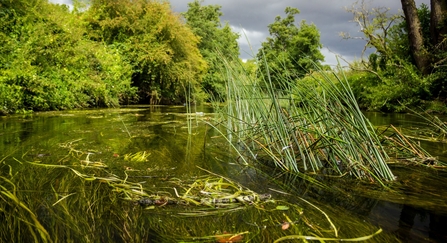The ‘sewage scandal’ has been making headlines in recent years, with frequent discharges of untreated sewage from a system overwhelmed by climate change, lack of capacity investment and insufficient maintenance.
Although the most prominent issue it is not the only challenge, being symptomatic of overarching problems in the water industry that have been brewing for decades.
The 1989 move in England and Wales away from a nationalised water service was considered a bold experiment and one which has seen improvements on some fronts, but undeniably problems in many others.
Decades of underinvestment have crippled the water sector
The benefits of initial efficiencies and ongoing high quality drinking water have been trumped by underinvestment in infrastructure and the extraction of customer money as dividends paid to shareholders, compounded by regulators unwilling, unable, or directed not to act.
After decades of this we now see not only sewage spills but other signs of shortcomings in the sector. Leaking pipes, collapsing sewers, some of the worst water efficiency levels in Europe, and high levels of environmental harm caused by excessive
In response to many of these difficulties the UK Government pledged to “clean up our rivers, lakes and seas for good”, with a focus on reducing sewage spills and more generally improving the performance of the water sector.
As part of this, they launched an Independent Water Commission tasked with looking at the water sector and water management more widely.


